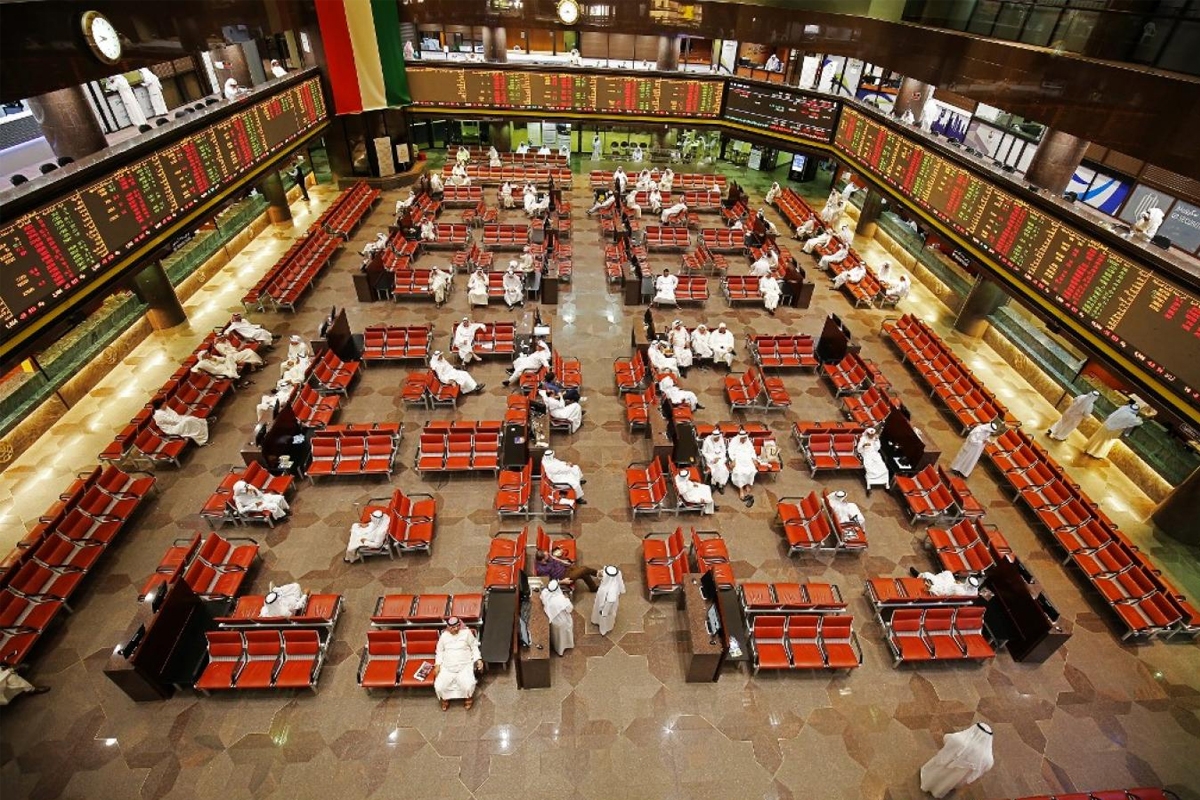Gulf Stock Markets Continue Decline Amid Rising Regional Geopolitical Tensions

Gulf stock markets ended the third week of June on a collective decline, influenced by the escalating tensions between Iran and Israel and global anticipation of possible American intervention in the conflict that has been ongoing for seven days.
In Saudi Arabia, the TASI index closed at 10,600 points, rising by 0.2% on Thursday, June 19, supported by the rise of Ma'aden and Masar stocks by 1.9% and 4.9% respectively. Additionally, Al Mouwasat Health's stock jumped by 4% after being listed in the FTSE Small Cap Index. However, the index lost 2.1% during the week, marking the second consecutive week of decline and the lowest close in a year and a half.
In Kuwait, the main index rose by 0.85% thanks to the rise of Wataniya and Boubyan by 1.7% and 0.8%, while Agility's stock dropped by 5%, adding to its 15% loss from the previous day. The company announced a non-cash dividend distribution of 213 million Kuwaiti dinars by granting its shareholders stakes in Agility Global, in addition to a new investment strategy targeting an injection of over 100 million dinars by 2030. Nevertheless, the index lost 2.7% during the week, recording the biggest decline in over a year.
The Kuwaiti index also declined by 0.8% on Thursday, driven by the decline of Commercial Bank and Qatar Islamic Bank by 3.1% and 1.3% respectively, amidst liquidity exceeding one billion riyals. The index lost 3.4% during the week, achieving its worst performance in about a year and a half.
The Abu Dhabi FTSE index dropped by 0.8% to reach its lowest level in two months, influenced by the decline of First Abu Dhabi Bank and ADNOC Gas by 3%. Additionally, the Dubai index declined by 0.3% under pressure from Emaar Properties and Dubai Islamic Bank, which lost 1.2% and 2.3% respectively.